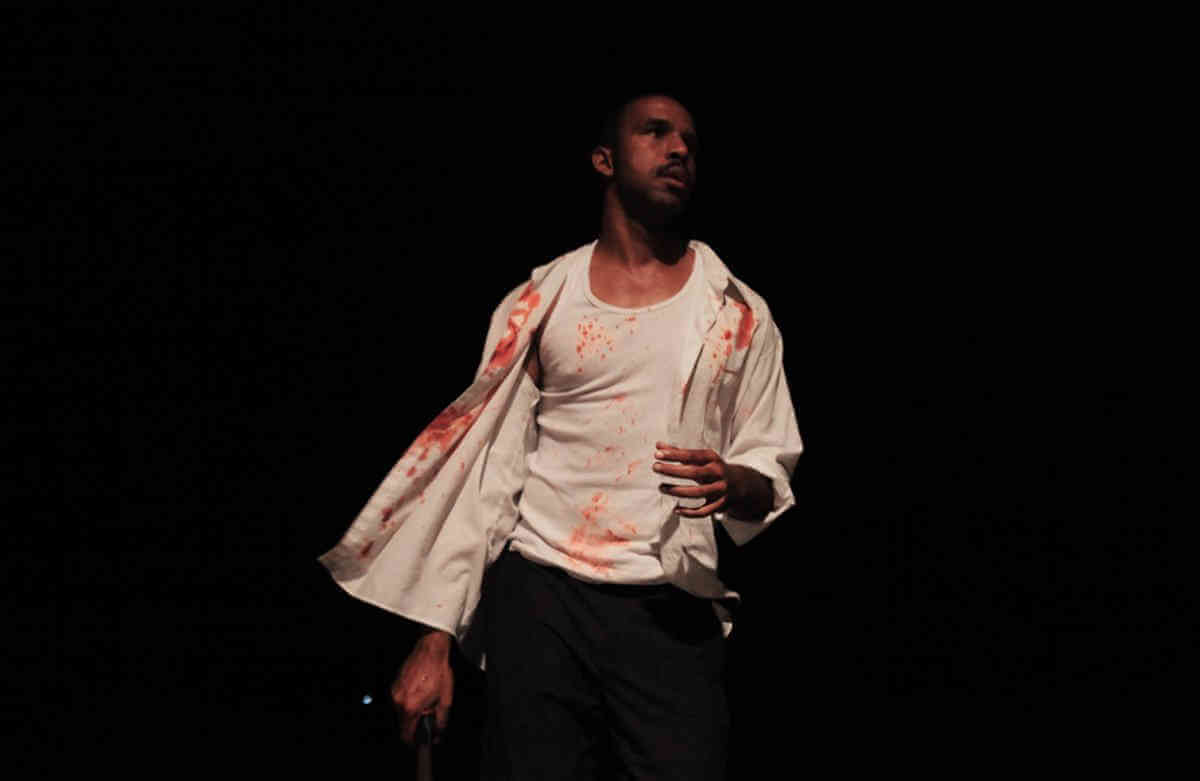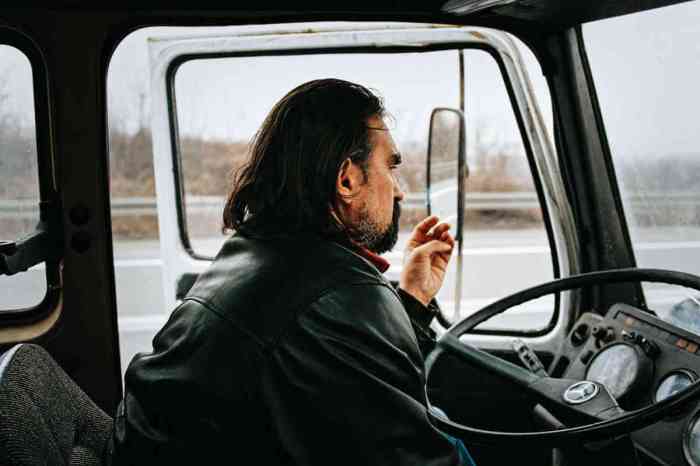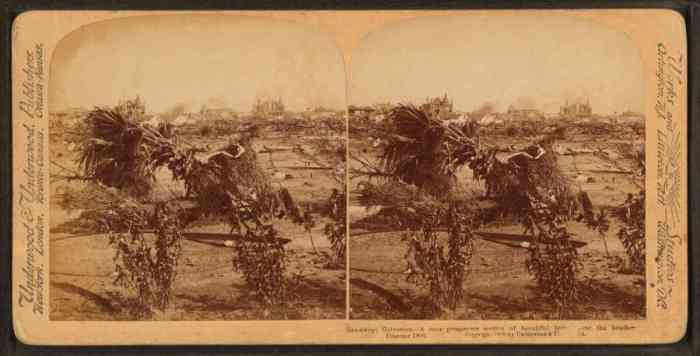People commonly say that the dividing line between art and entertainment is that only the former is challenging. But what exactly that means is up for debate: the books of Jane Austen and films of Howard Hawks certainly count as art, but there’s nothing particularly difficult about “Sense and Sensibility” or “His Girl Friday.” With time, the innovations of the past — like Frank Sinatra making the first pop album devised as a cohesive whole with “In the Wee Small Hours” — become commonplace and mainstream.
On the other hand, present-day pop culture has a tendency to make its equivalent in the past a lot less accessible in retrospect: just ask anyone who has tried showing a Western to a teenager lately. Also, both the left and right tend to only praise art that reinforces the political beliefs they already had. If you’ve attended enough film festivals, “challenging” styles become familiar: in 2018, there’s nothing all that adventurous about “slow cinema.”
Dominican director Nelson Carlo de Los Santos Arias’ “Cocote” is a genuine whatsit, coupling a revenge narrative to an exploration of his country’s devout spirituality while constantly changing aspect ratio and going from color to black and white. One can assume that his audience — which, at least in America, is going to be a rather secular arthouse one — is likely to feel engaged with the violent aspects of his story and detached from its depictions of Christian and syncretic religious ritual. So Arias went in the opposite direction. The religious services are shot in close-up, and he emphasizes their euphoric power with percussive music. “Cocote” does not have much conventional narrative drive, and while it actually is a vigilante story of sorts, Arias is visibly bored with that aspect of his film and trying to distance himself and his audience from it.
“Cocote” begins with black and white footage of fire and smoke, in an old-fashioned 1.33 aspect ratio. If I’m not mistaken, its protagonist Alberto (Vicente Santos) lurks in the background. Alberto’s father Eusebio has just been murdered, and he heads back to his hometown for the funeral. An evangelical Christian, he tries to live up to Jesus’ peaceful words as much as possible. But he learns that a powerful man in his hometown killed his dad. Pressure grows on him to continue the cycle of violence by avenging the murder.
For me, the way “Cocote” often seems to be Arias’ bid to establish himself as a virtuoso director is off-putting. It includes several near-360-degree circular pans. The shifts of aspect ratio are frequent and seemingly random, but Arias shows a rare command of equally expressive close-ups and long shots. He stages key scenes so that the audience can hear the characters but barely see them with a deliberate desire to upend easy identification. He loves framing extreme long shots that reduce Alberto to a dot but nevertheless keep him visible. He has the skill to make the Dominican Republic’s forests and beaches look pretty in a very conventional way, but he subverts this; the film’s narrative emphasizes the human ugliness amidst such natural beauty and Alberto’s inability to get dragged into it.
In the press kit, Arias lays out his intentions very clearly and bluntly. He’s out to resurrect the politically and formally radical Latin American cinema of the 1960s. He also wants to avoid the tropes of films like “City of God,” although he doesn’t mention it by name, which foreground violence as the central fact of Latin American life. “Cocote” makes violence central to its narrative, then makes narrative itself subservient to visual style in its aesthetic. The film also reflects a lot of thought about sound design: dialogue overlaps between scenes, sound effects build to overwhelming crescendos, and music blurs the line between melody and noise.
Arias has emphasized his desire to depict Los Misterios, the indigenous Dominican religious synthesis of African and Catholic beliefs roughly akin to Cuba’s Santería. Returning home, Alberto is faced with the fact that his fairly conventional Christianity is actually somewhat alien in a rural context.
Arias’ background lies in documentary; he has made a feature-length essay film, “Santa Teresa and Other Stories.” But if “Cocote” has traces of non-fiction, it goes out of its way to remind the audience we’re watching a carefully constructed film, especially through its constantly shrinking and expanding use of the screen. In some ways, it brings back certain debates about the necessity of political cinema being formally radical from the late ‘60s and early ‘70s. But the film also offers a sensual pleasure beyond that, even as it keeps trying to sabotage the commercial elements of beauty and violence it contains. It’s fascinatingly divided.
COCOTE | Directed by Nelson Carlo de Los Santos Arias | Grasshopper Film | In Spanish with English subtitles | Opens Aug. 3 | IFC Center | 323 Sixth Ave. at W. Third St. | ifccenter.com

































